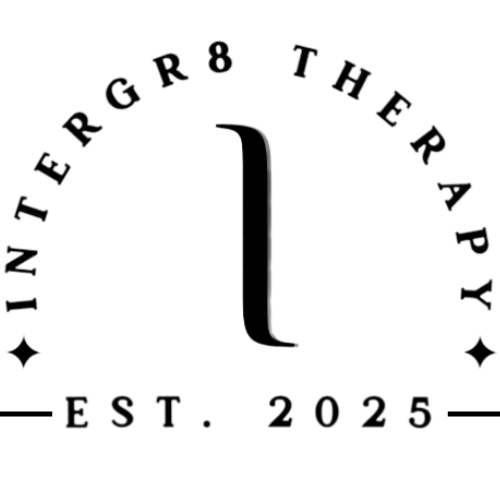Too Busy, Too Tired? Rethinking Exercise for Your Mind and Body
In today's fast-paced world, especially among adolescent girls and young women, the phrase "I don’t have time to exercise" is echoed far too often. Whether it’s a jam-packed school schedule, social and family responsibilities, or parental pressure to focus solely on academics, the result is the same: physical activity takes a back seat.
In fact, a study by Arzu Daşkapan, Emine Handan Tüzün, and L. Eker (2006) revealed that the most common barriers to exercise among adolescent females include:
“I don’t have time”
“I’m too tired”
“Exercise doesn’t interest me”
These barriers are understandable. However, what if we reframed exercise not as one more task on a long to-do list, but as something that actually supports academic success, energy levels, and emotional resilience?
Let’s explore the science-backed benefits of regular physical activity:
1. “I have no time because of my busy lesson schedule.”
Reframe: Physical activity enhances academic performance.
Cognitive & Memory Boost: Exercise improves cognitive processes, memory, and overall mental clarity.
Reduced Cognitive Failures: Over time, consistent movement reduces forgetfulness and mental lapses (Bathina & Das, 2015).
Less Emotional Exhaustion: It alleviates study-related fatigue, which could free up more focused study time (de Vries et al., 2016).
Even short bursts of movement—like a brisk walk between study sessions—can stimulate the brain and help you study more efficiently.
2. “My parents prioritize academics over exercise.”
Reframe: Exercise supports academic and emotional development.
Anxiety & Mood Relief: It reduces symptoms of anxiety, stress, and mood swings—common challenges among high-performing students (Dolezal et al., 2017).
Improved Sleep: Better sleep = better focus, memory, and energy during the school day.
Sense of Wellbeing: The ancient concept mens sana in corpore sano—a sound mind in a sound body—still holds true today.
Encouraging parents to see exercise as a tool for academic success, rather than a distraction from it, is key.
3. “I have no leisure time because of social and family responsibilities.”
Reframe: Exercise is a personal investment that benefits relationships too.
A more emotionally regulated, well-rested, and energetic you is also a better daughter, sister, or friend.
Analgesic & Antidepressant Effects: Movement helps reduce emotional and physical pain—boosting your ability to show up for others with patience and positivity.
Even integrating exercise into family time—like taking a walk together—can provide both connection and health benefits.
4. “I never have the energy to do exercise.”
Reframe: Movement creates energy, it doesn’t drain it.
Less Emotional Exhaustion: Regular activity actually combats fatigue and boosts vitality.
Improved Sleep: You’ll fall asleep faster and wake up more refreshed.
Anxiety & Mood Relief: A more positive mood naturally enhances energy levels.
Starting small—like stretching in your room or dancing to a favorite song—can jumpstart a new habit.
Connect to our online library to find motivation and support
